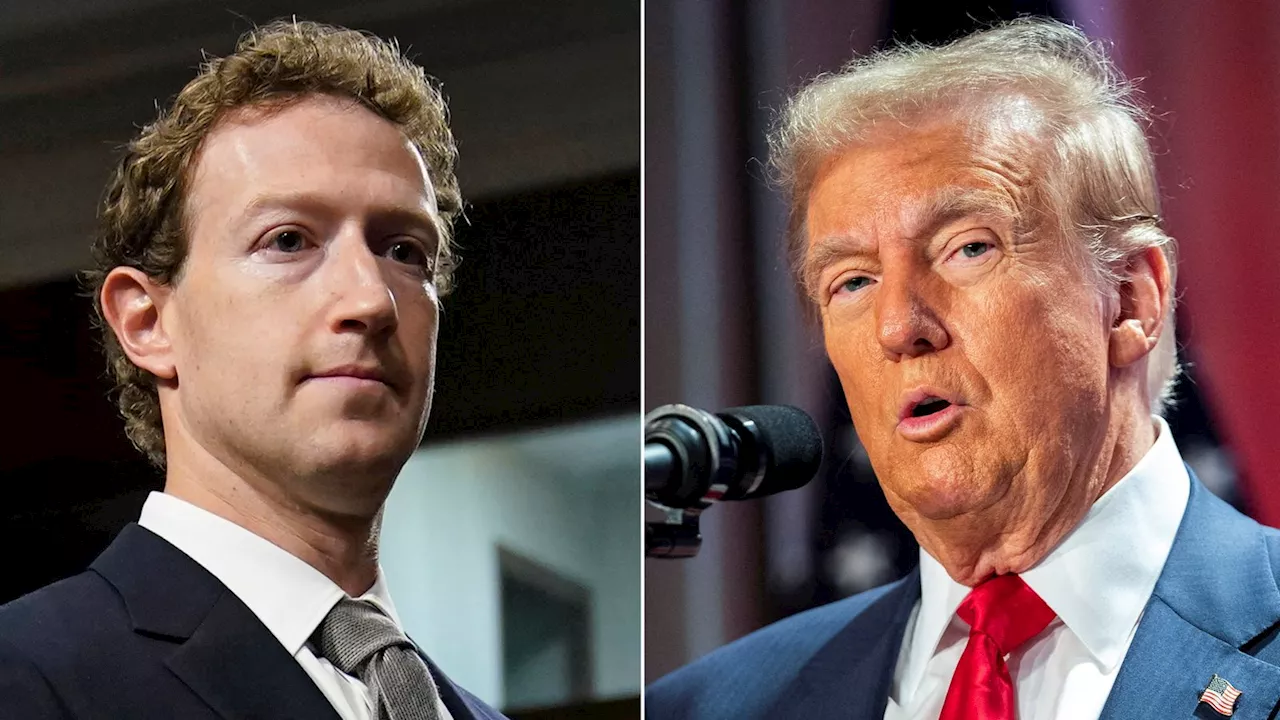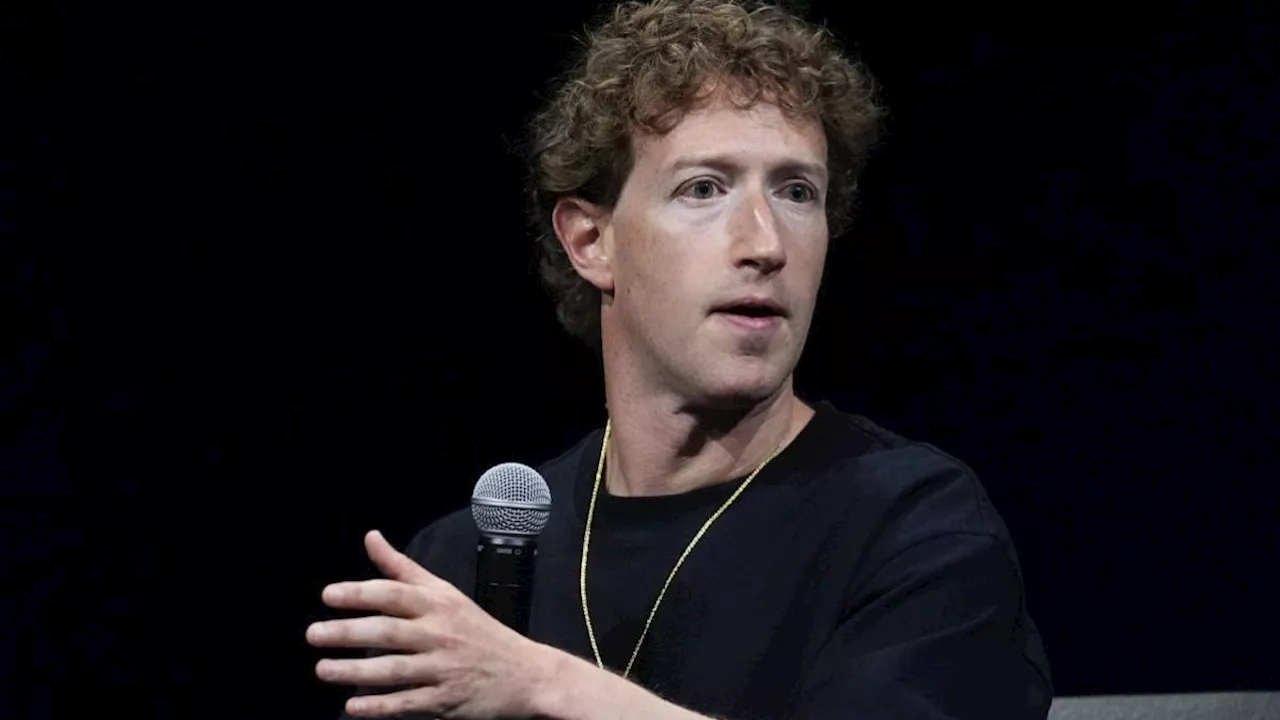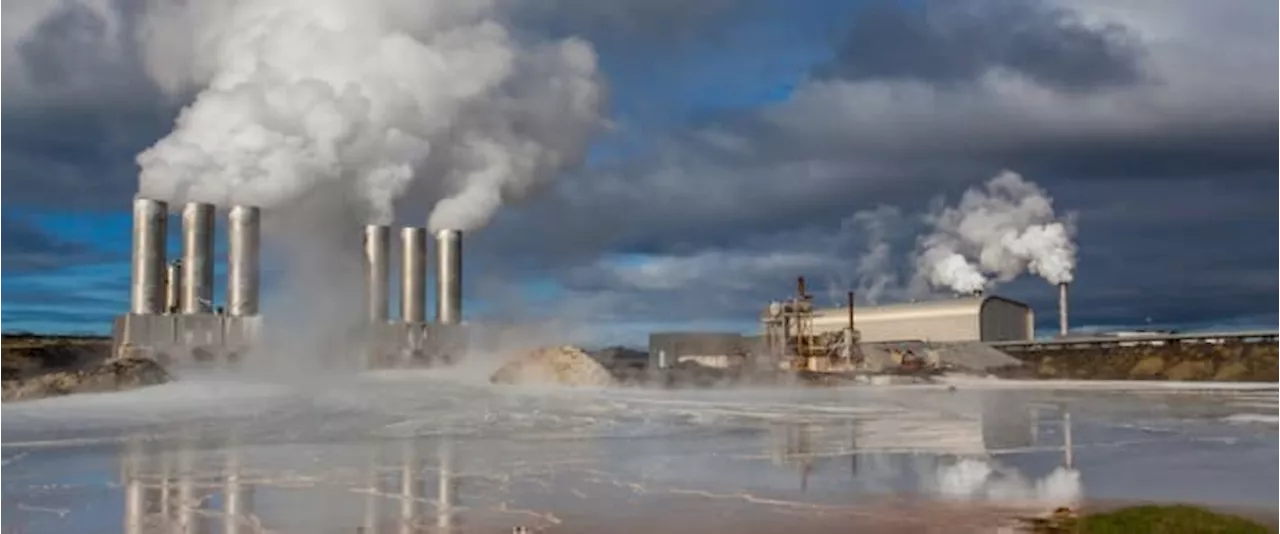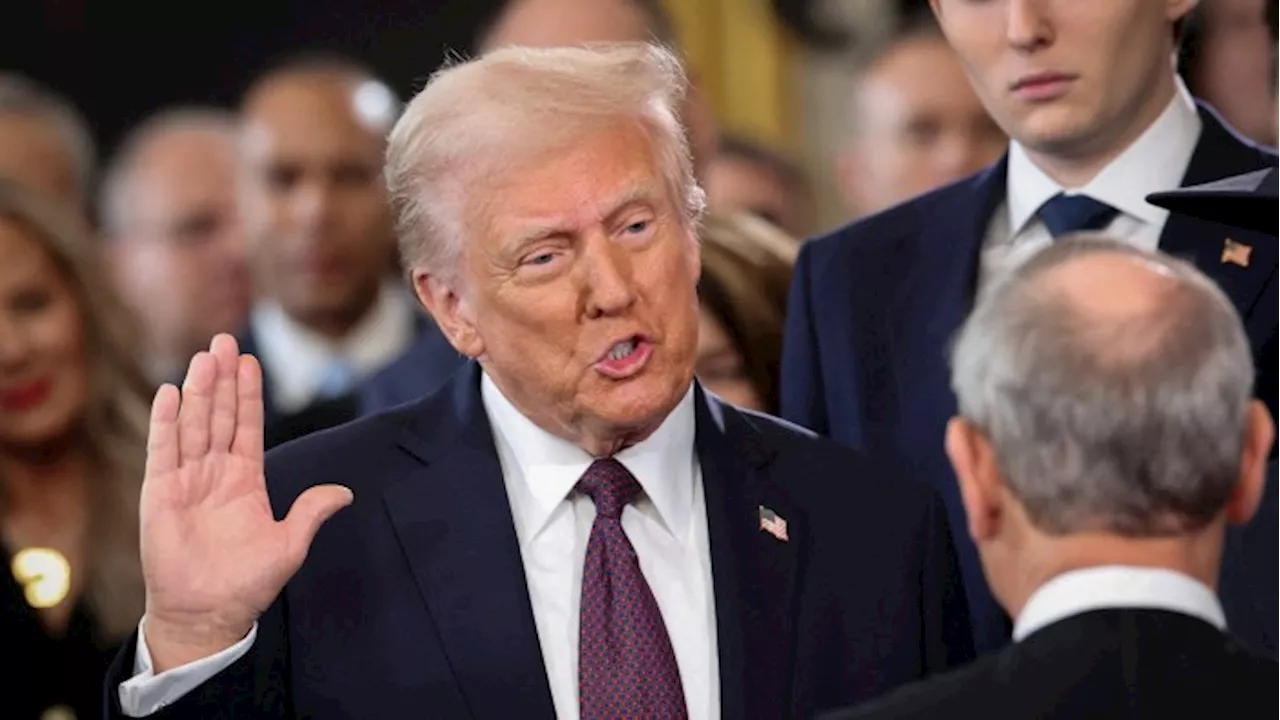An analysis of the shifting workplace landscape in light of tech CEO dominance and the potential retreat from DEI initiatives.
Hello from London. I’m Emma Jacobs and I write on work and careers for the Financial Times. On Monday, I did something I rarely do. I turned on the television while working from the sofa (I know, I know, I’m living up to former M&S boss Stuart Rose’s characterisation of homeworkers as not doing proper work).
Watching the inauguration of Donald Trump as president of the US, it was impossible to miss the presence of tech bosses, including Meta’s Mark Zuckerberg, Jeff Bezos, Amazon founder, Google’s chief executive Sundar Pichai and Elon Musk, chief executive of Tesla, SpaceX and X. A solid wall of tech broligarchs parked in front of the president’s cabinet might illuminate the current state of democracy, but here at Working It, we’re concerned with what it says about the workplace. Strikingly male — it would seem that Zuckerberg’s wish for business to have more “masculine energy” is already being granted. (So much for Sheryl Sandberg urging women to lean in). I asked three experts to read the runes. André Spicer, executive dean of Bayes Business School, says it’s a “sign that previously progressive companies are shifting to the right. As big tech firms turn down the dial on and climate issues, others may follow. Corporates are often like teenagers and they carefully observe and follow what the cool kids are doing. In this case, the ‘cool kids’ are the likes of Musk, Zuckerberg and Bezos.” This could mean less diversity training and working from home and more concern with free speech and contributions to national economic growth. “A culture of nationalism may replace a culture of globalism in some firms.” Bruce Daisley, workplace culture speaker and former vice-president for Europe at Twitter, notes it signifies a transformation in tech work culture, once regarded as the “place of luxury perks and benefits”. That’s certainly been changing since Elon Musk demanded a return to the office and Amazon followed suit. Margaret Heffernan, entrepreneur and author of Willful Blindness: Why We Ignore the Obvious at our Peril, has “always flinched when we talk about bosses as leaders”. She says we are about to find “quite a lot are followers rather than leaders. We might see some who have spines.” Some employers will think, “Hurrah, now we can get rid of the D&I stuff, forget about sustainability and get back to business as usual. They will love a return to Zuckerberg’s macho business message.” Others will double down to defend what they always believed in and will argue that doing otherwise suggests a lack of leadership and integrity. “Many will vacillate between the two, waiting to see the way the wind blows.”I’d be interested in your thoughts so email [email protected]. Isabel is back next week. Kevin Delaney, editor-in-chief of Charter, the future-of-work media and research firm, has been going to the World Economic Forum’s annual meeting in Davos for more than 20 years. He’s there again this week and shared this early snapshot from conversations at the convening of top corporate and political leaders: “Every business, you will see pulling back from DEI,” Nikki Haley, the US politician who now serves as vice chair of consultancy Edelman, told a packed room full of executives. Haley said she welcomed a retreat from diversity, equity and inclusion (DEI) initiatives and understood the feelings of white men who felt they were treated unfairly. In private conversations, other US and European executives similarly confessed they felt corporations had gone too far and expressed relief the pendulum was swinging back away from DEI. But others noted that diversity was linked to business outperformance, with 44 per cent of the fastest-growing and most profitable companies saying the impact of their DEI efforts is strongly positive, according to AlixPartners research. And, in practice, DEI describes a broad group of activities ranging from gender and racial quotas to pay-equity analysis and diversity training. So it remains unclear what a retreat from DEI would mean exactly. “We have to judge results, not press releases,” cautioned Lareina Yee, McKinsey senior partner. But Intesa Sanpaolo, the 90,000-employee Italian bank, is leaning into DEI programs. “We believe there is a value in diversity, particularly because the young people are asking for this,” Intesa Sanpaolo chief financial officer Luca Bocca explained. The bank has had a requirement for the last several years that 50 per cent of all new executive appointments must go to women and has no plans to abandon that. Running a business is rewarding in plenty of ways — not least in terms of salary. But it can also be extremely lonely. Having friends at work becomes complicated (or even impossible), and you can’t be sure if people like you, or if they’re just saying what they think you want to hear
DEI TECH INDUSTRY WORKPLACE CULTURE DIVERSITY ELON MUSK MARK ZUCKERBERG CORPORATE AMERICA
United Kingdom Latest News, United Kingdom Headlines
Similar News:You can also read news stories similar to this one that we have collected from other news sources.
 Tech in 2025: Trump and the tech brosWhat will the Trump presidency mean for the tech world?
Tech in 2025: Trump and the tech brosWhat will the Trump presidency mean for the tech world?
Read more »
 Zuckerberg's Shift: From Tech Rebel to Political Pragmatist?Mark Zuckerberg's recent actions, including donations to Trump's inaugural fund and Meta's move to diminish third-party fact-checking, suggest a strategic shift towards aligning with the incoming administration. This could be driven by a need for political protection as big tech faces antitrust scrutiny and legislative changes, or a personal decision to distance himself from politically charged activities.
Zuckerberg's Shift: From Tech Rebel to Political Pragmatist?Mark Zuckerberg's recent actions, including donations to Trump's inaugural fund and Meta's move to diminish third-party fact-checking, suggest a strategic shift towards aligning with the incoming administration. This could be driven by a need for political protection as big tech faces antitrust scrutiny and legislative changes, or a personal decision to distance himself from politically charged activities.
Read more »
 Meta's Dangerous Shift: From DEI to Hate SpeechMark Zuckerberg's Meta is undergoing a radical transformation, dismantling DEI initiatives and loosening restrictions on harmful speech. This alarming shift, fueled by a meeting with Donald Trump and potential antitrust concerns, raises serious questions about Meta's priorities and the future of online discourse.
Meta's Dangerous Shift: From DEI to Hate SpeechMark Zuckerberg's Meta is undergoing a radical transformation, dismantling DEI initiatives and loosening restrictions on harmful speech. This alarming shift, fueled by a meeting with Donald Trump and potential antitrust concerns, raises serious questions about Meta's priorities and the future of online discourse.
Read more »
![]() Silicon Valley's Shift: Tech Giants Embrace Trump's ReturnThe relationship between big tech and Donald Trump's government is undergoing a significant transformation as several Silicon Valley powerhouses, including Meta CEO Mark Zuckerberg, appear to be welcoming the former president's return to social media platforms. This article explores the implications of this shift, examining the potential for renewed cooperation or the reemergence of past tensions.
Silicon Valley's Shift: Tech Giants Embrace Trump's ReturnThe relationship between big tech and Donald Trump's government is undergoing a significant transformation as several Silicon Valley powerhouses, including Meta CEO Mark Zuckerberg, appear to be welcoming the former president's return to social media platforms. This article explores the implications of this shift, examining the potential for renewed cooperation or the reemergence of past tensions.
Read more »
 Big Tech's AI Ambition Threatens Clean Energy GoalsThe rapid growth of artificial intelligence (AI) is driving up energy consumption among Big Tech companies, jeopardizing their ambitious decarbonization targets.
Big Tech's AI Ambition Threatens Clean Energy GoalsThe rapid growth of artificial intelligence (AI) is driving up energy consumption among Big Tech companies, jeopardizing their ambitious decarbonization targets.
Read more »
 I stayed in London’s top tech hotel with £30,000 massage bed and superfast Wi-FiMeta’s top VR boss predicts AI-powered future with no phones, brain-controlled ovens and virtual TVs that only cost $1
I stayed in London’s top tech hotel with £30,000 massage bed and superfast Wi-FiMeta’s top VR boss predicts AI-powered future with no phones, brain-controlled ovens and virtual TVs that only cost $1
Read more »
